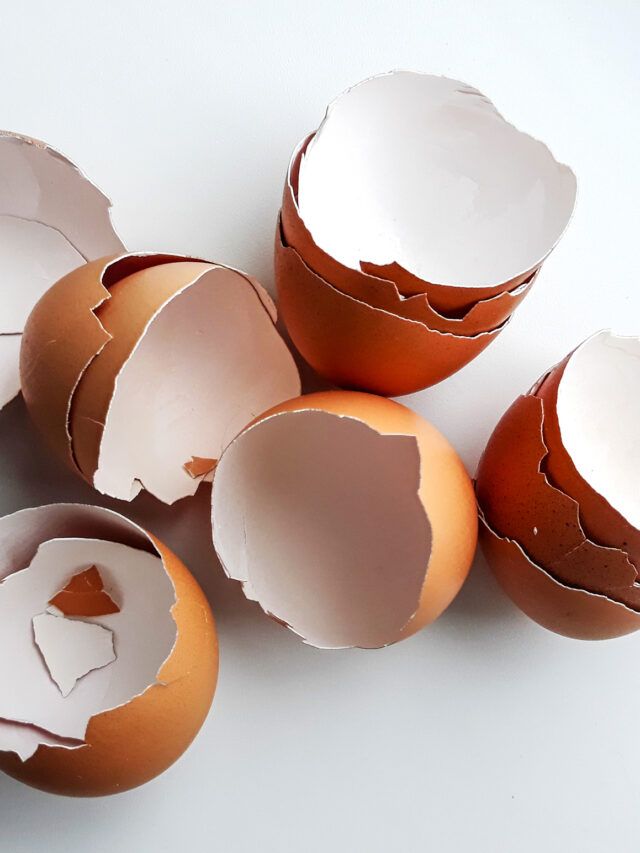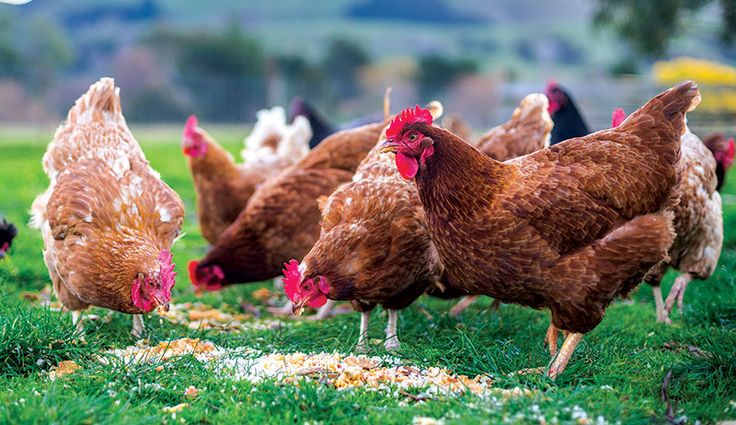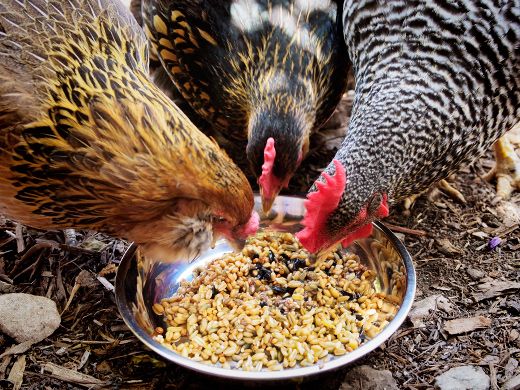Calcium is a fundamental nutrient for chicken layers, directly impacting eggshell strength and overall egg quality. A deficiency in calcium can lead to thin-shelled or fragile eggs, reducing their market value and potentially harming the health of the birds. Understanding the role of calcium and how to meet the nutritional needs of layers is crucial for successful egg production.
1. Importance of Calcium in Eggshell Formation
Eggshells are primarily composed of calcium carbonate, making calcium the most critical mineral for their development. During the laying process, hens transfer calcium from their diet and bones to create a strong and protective shell around the egg. A single egg requires approximately 4 grams of calcium, which underscores the need for a consistent supply.

2. Consequences of Calcium Deficiency
Inadequate calcium in a layer’s diet can lead to:
- Thin or brittle eggshells.
- Reduced egg production.
- Weak skeletal structure, as hens draw calcium from their bones to compensate for dietary deficiencies.
By the way, at Kimd Group of Companies, we support beginner farmers by offering tailored business proposal writing services and design plans for various animal capacities. Therefore whether you’re just starting out or looking to expand, we provide the resources and expertise to help you succeed in the farming industry.
3. Sources of Calcium for Layers
Common sources of calcium for chicken layers include:
- Limestone: A cost-effective supplement commonly included in layer feeds.
- Oyster Shells: A natural and digestible source of calcium.
- Bone Meal: Offers both calcium and phosphorus.
These supplements should be readily available to layers, especially during peak production periods.

4. Ensuring Optimal Calcium Intake
- Balanced Diet: Layer feeds are typically formulated to contain 4% calcium. Ensure your feed meets this requirement.
- Free Choice Feeding: Provide calcium supplements like oyster shells in a separate feeder to allow hens to consume it as needed.
- Vitamin D: Ensure adequate levels of vitamin D, as it aids in calcium absorption and utilization.

5. Monitoring Eggshell Quality
Regularly inspect eggshells for thickness and uniformity. Any signs of fragility or irregularities may indicate a calcium deficiency, prompting adjustments in diet or supplementation.

Conclusion
Calcium plays an indispensable role in egg production, particularly in forming strong eggshells. By ensuring layers receive sufficient calcium through a balanced diet and appropriate supplementation, farmers can maintain high-quality eggs and healthy birds. Regular monitoring and proactive care are essential for sustaining productivity and profitability in layer farming.
